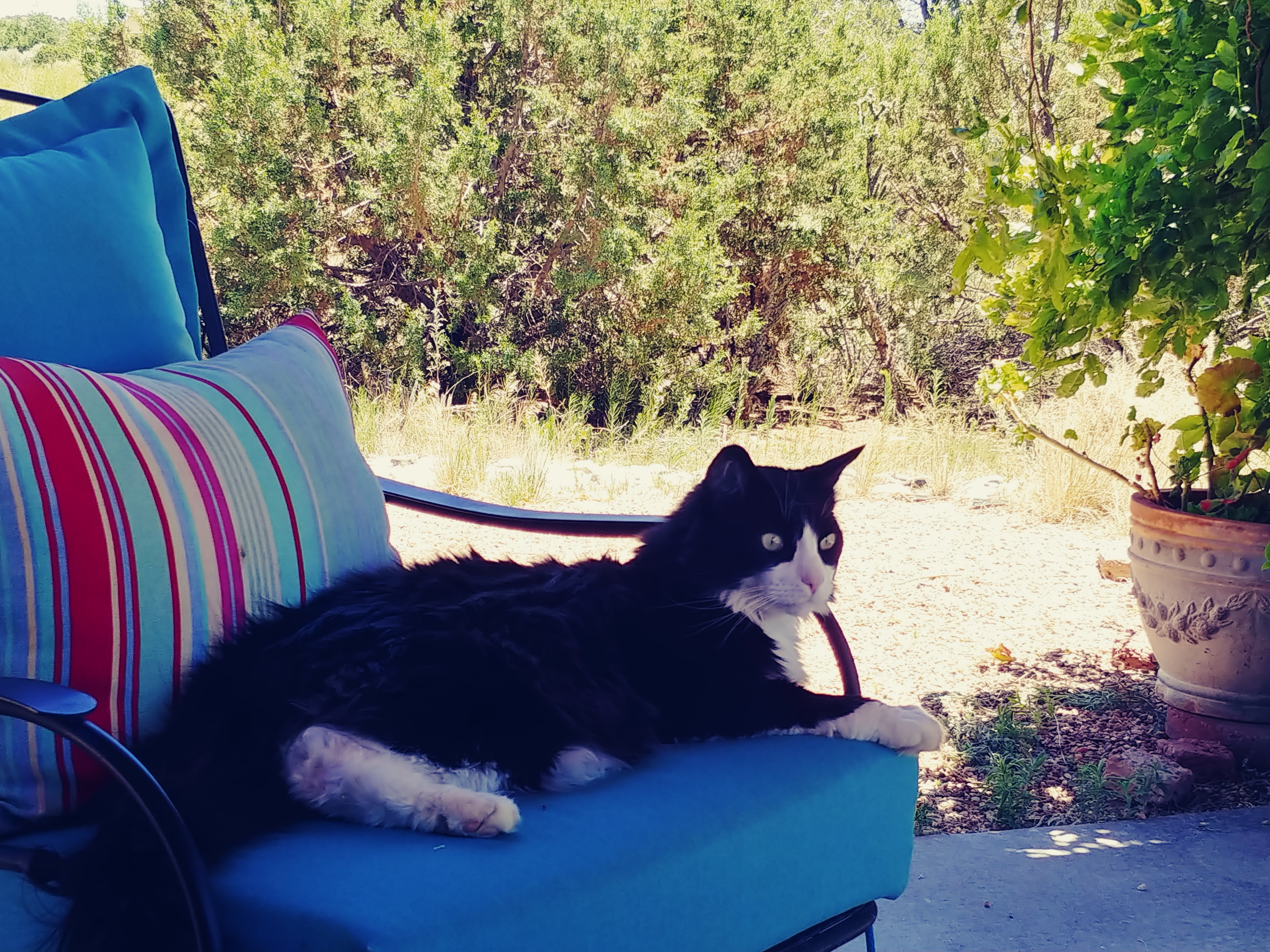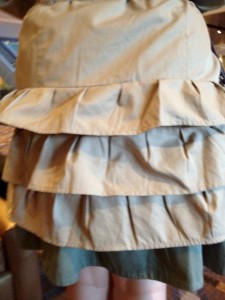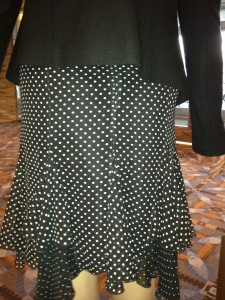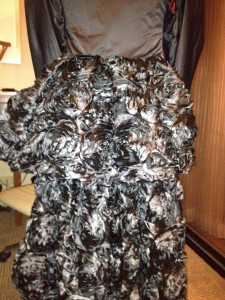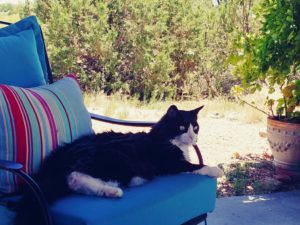
Yesterday evening I did a podcast interview over the phone, as part of the promotions St. Martins Press has set up for me for THE ORCHID THRONE. This was a gal I hadn’t interacted with before. In fact, a LOT of early readers and reviewers picking up this book – or winning it from a Goodreads giveaway – are totally new to my books, which is super cool. This gal hadn’t read fantasy romance before and she was all excited by the combination, which was really wonderful to hear. Amazing to me that so many people are discovering this sweet spot between epic fantasy and female-driven, swoon-worthy Romance. Also, pretty kickass to know the subgenre is still on the rise.
Anyway, one of the first questions she asked me – before she started recording – was how to pronounce my name. This came as no surprise as it’s usually the first question anyone new asks me. For the record, it’s Jeff-ee, or Jeffy, whichever makes more sense in your head. (But not Jiffy like the peanut butter and not jefe, which is pronounced heff-AY and is Spanish for boss. Yes, I have a lot of these conversations.) It’s short for Jennifer, and is a nickname my dad made up when I was a baby. No, he didn’t want a boy and he liked the name Jennifer. He also died when I was three, so my nickname is a gift from him that I’ve carried all my life.
As you can see, I have a lot of conversations about my name – and I try to remind myself that though I’ve heard all these questions and jokes a hundred times, for the person I’m talking to, it’s brand new to them. Also, talking about my name is a good ice-breaker, so for the most part I don’t mind.
Still, it’s amazing to me how many people feel it’s fine to advise me about my name or make jokes about it. I avoid telling people it’s short for Jennifer, not because it’s a secret (obviously I’m talking publicly about it here), but because some people will insist on calling me Jennifer once they find out. Even after I tell them only the IRS and telemarketers call me that and if you yell it across a bar, I’ll assume you mean one of the ten-thousand OTHER Jennifers and I won’t respond. Some people have very seriously told me that I shouldn’t use a “made up” name. I remember my graduate adviser refusing to call me Jeffe, because he thought it sounded too much like Buffy and I needed to be more serious than that.
It occurred to me much later what a red flag that was of so many, many things.
What’s key here is, I identify with the name “Jeffe.” It’s been my byline all along (with the exception of those very serious scientific papers) and it’s what I respond to. I realize there’s a bit of a bump in people assimilating the unfamiliar, but I’m willing to work with people on that. I’ve come to realize that it’s not unreasonable to ask people to put that effort in also.
The other night we were having drinks with my folks and the topic of pronouns came up. They’re from an older generation, so they’re understandably taken aback by the “new” pronouns. “When did this become a thing?” they asked. I explained that I knew it seemed weird to them, but that I’d had to learn too. I wear a She/Her/Hers button on my conference lanyards to help normalize that pronouns shouldn’t be assumed. I’m fortunate to present as female and that the assumed pronouns match my appearance. But this isn’t true for everyone and it makes it harder for people who are exceptions if only they designate pronouns.
It comes down to that we all have this basic right of human dignity, which includes being called by the names and pronouns we choose for ourselves. Having these many conversations over the course of my life about my unusual nickname – and the occasional obstinate responses – is a minor irritation. But it makes me aware of how much more difficult it must be for someone with a greater stake in the issue, and perhaps less privilege and confidence.
I recall when Quvenzhané Wallis was up for an Academy Award, the press did not handle it well. From this terrific article on the topic:
They might have addressed her with a respectful ‘Miss. Wallis.’ Or politely asked how to pronounce her first name. Or best of all, they might have done the research ahead of time to learn how she preferred to be addressed. Instead she was called ‘Q,’ ‘little Q,’ ‘Miss Q.’ An AP reporter even decided “I’m just going to call you Annie,” to which Wallis replied “My name is not Annie. It’s Quvenzhane.”
I’m struck by this observation in the article:
Names given to some black children are mocked as being ‘made up’ or not ‘real’ names. White folks will substitute them for names that are more familiar to our own culture.
I understand this very well, having the “not real” accusation hurled at me about my name, along with the stubborn refusal to use it and the fall back to something more culturally familiar. And that’s being a white girl in a culture predominantly peopled by folks like me.
Then there’s this great talk by Uzo Aduba on wanting to change her name as a child because no one could pronounce Uzoamaka. (Shout out to Suleikha Snyder and Chelsea Mueller for knowing exactly what I was trying to recall there!) Her mother told her if people could learn to pronounce Tchaikovsky, Michelangelo, and Dostoevsky, they could learn to pronounce Uzoamaka.
Her talk is especially stirring because she finishes with the advice, “So, do not ever erase those identifiers that are held in you… It is yours, and it was given to you at birth, and it is yours to own.”
I wish now that I’d insisted my graduate adviser use the name *I* wanted, not the one he approved of.

